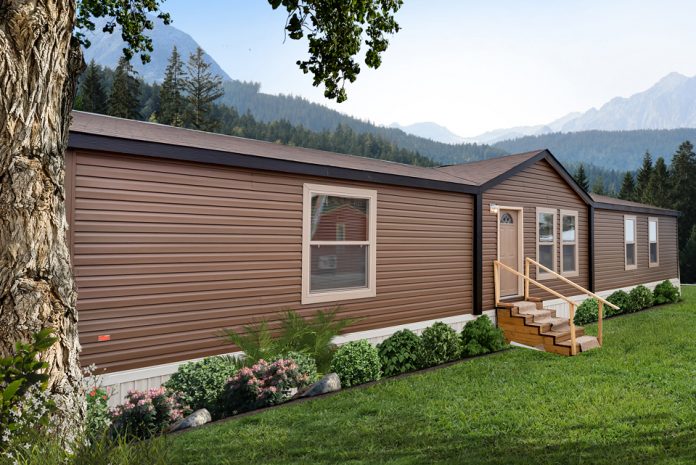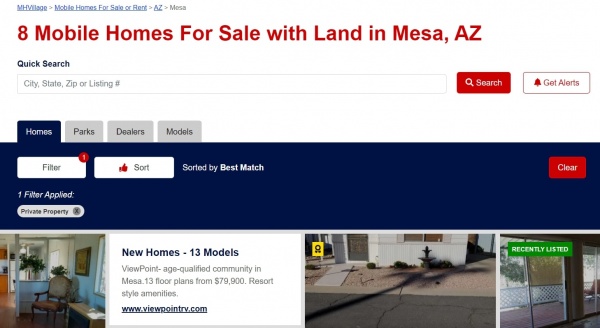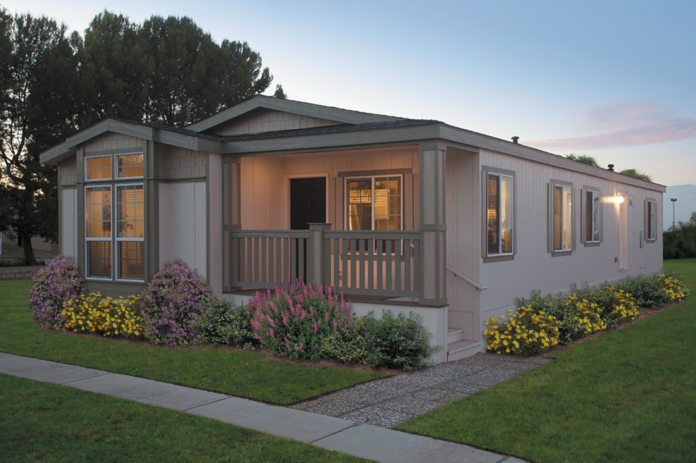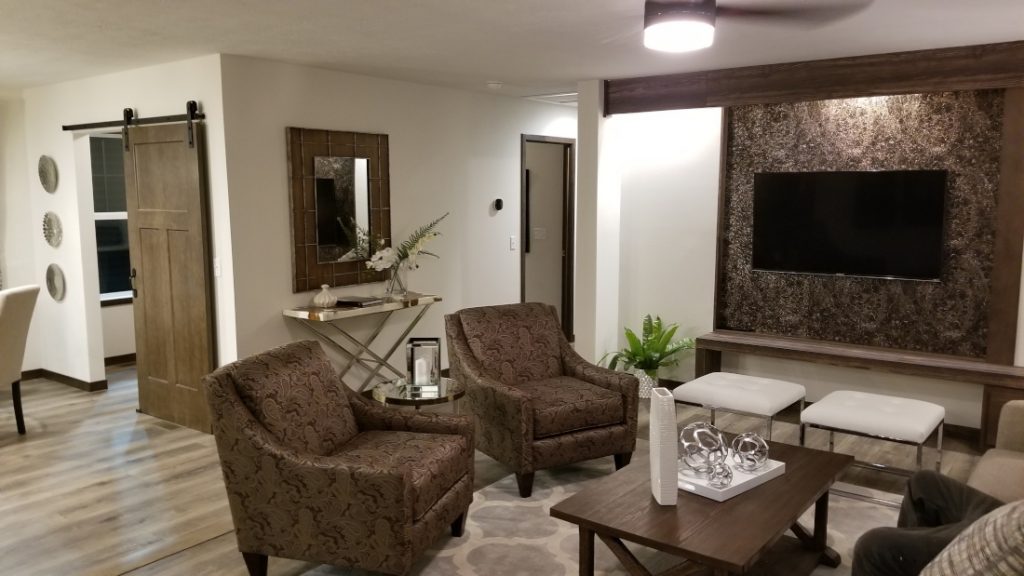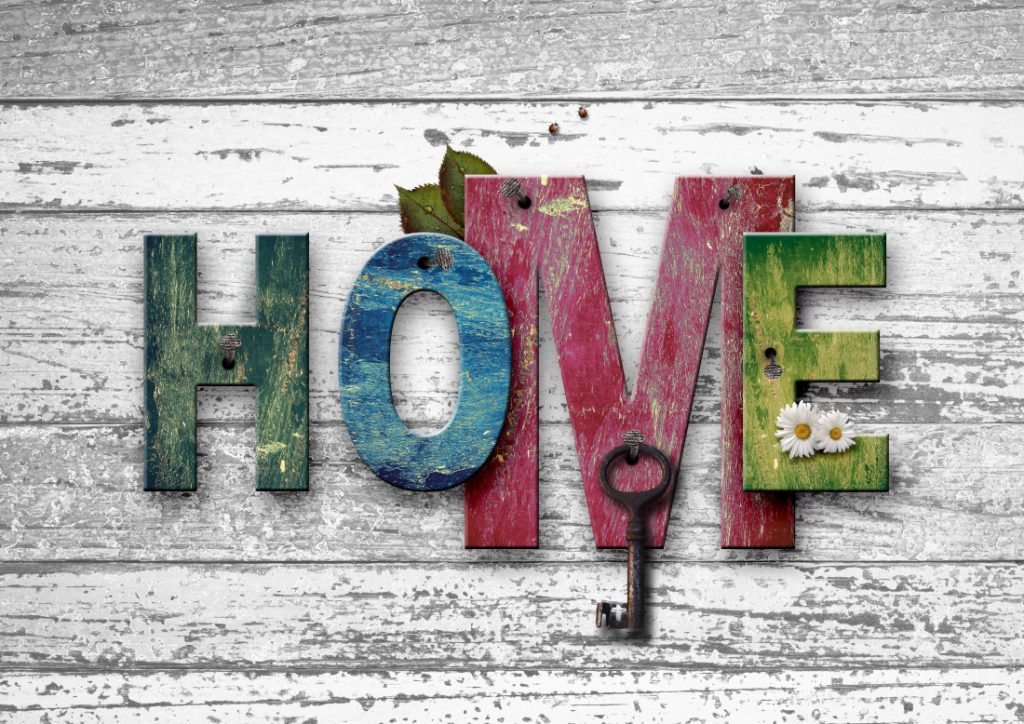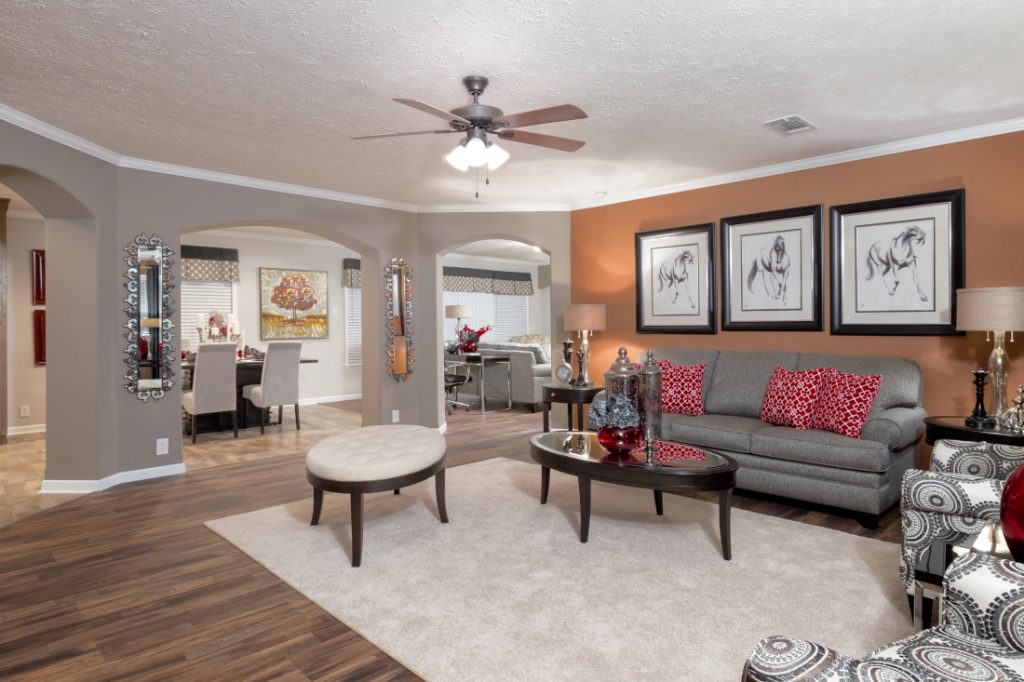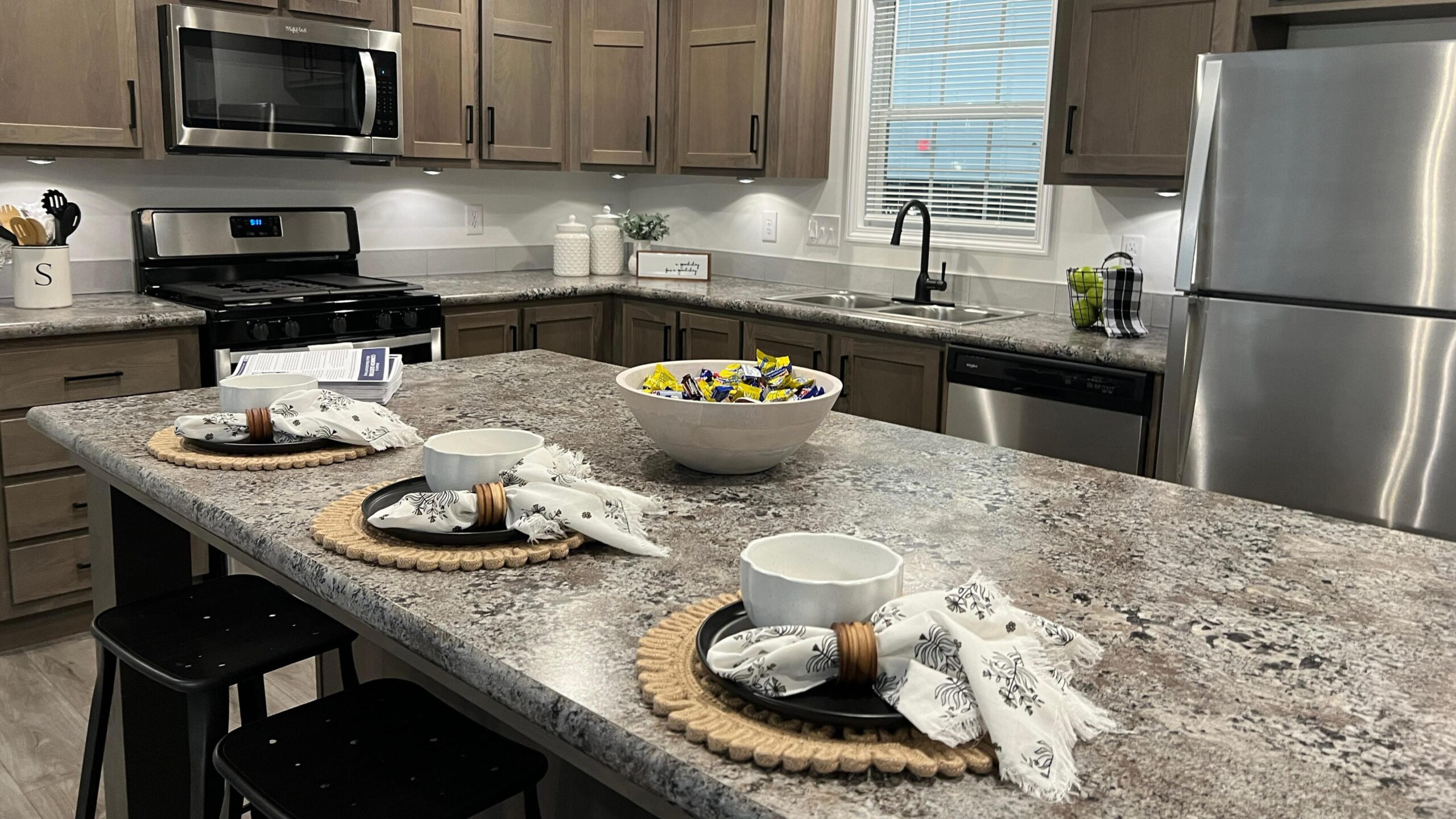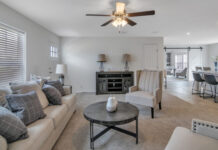A great many millennials are still young enough to just be getting out on their own. Some are leaving college and searching for what to do with the rest of their lives. Others are just starting in their careers and are on the low end of the totem pole.
That means that most millennials have very little to their name and can’t afford to spend much money on anything, including a place to live.
Finances are tough on millennials because they are just starting out. And it’s also hard for them to build a substantial financial portfolio. That is at least partly because they have entered adulthood during a time when the United States was enduring and emerging from the Great Recession, meaning wages were lower than ever. To those in this generation who are trying to make their way right after college, they are having a difficult time saving any money. Chances are, anything they make goes immediately toward paying off student debt, which is more costly than ever.
What This Means for Millennial Home Choices
All of these factors add up and make it next to impossible for millennials to save up and put a down payment on a house, even small starter houses. That means that many of these young adults get stuck in a cycle of renting a place to live. It’s just as draining on the wallet, and rent prices continue to rise and make it harder.
It can get extraordinarily discouraging and scary. As we mentioned, student debt can be a roadblock to conventional mortgage approval. Those who are working hard and trying to find their way, making good financial decisions, come to find that millennial home choices can be very limited. Culturally, the feeling of needing a home of your own can become all-encompassing when thinking about strategies for future financial security.
There is good news.
Nowadays, there are options out there for homes that are not traditional but are more affordable than most. And they can be pretty cute. Are you a millennial who is worried about housing choice? Not sure what you can afford? Below is a list of affordable options that could work if you are willing to dig into some alternative millennial home choices.

Tiny Houses for Millennials
Tiny houses look very similar to traditional homes, just on a small scale. They are a small fraction of the cost of a conventional home and are friendly to the environment. You can even make this already affordable option even more affordable by directly ordering a tiny home kit, then building it yourself.
Tiny homes usually only cost anywhere between $20,000-$100,000 depending on what you want in it. If you get a small option that does not come with its own furnishings or amenities, it will be cheaper. Meanwhile, if you buy a big tiny home (strange as that sounds), that comes with custom furniture and has all the amenities you would find in a traditional home, you are going to be spending near or at the high-end of that tiny home price range. (Though still nowhere near as much as you would be on a conventional home).
You may not be able to get a loan for a tiny home through a bank. But most companies that sell tiny homes have their in-house affordable financing options allowing you to pay it off without struggling.

What About A Shipping Container Home
A shipping container home is perhaps one of the most unique types of alternative housing options out there. Not only are they surprisingly warm and inviting once you enter them, but they are incredibly low-cost as well. Buying the shipping container itself will only cost you between $1,800 and $5,000 depending on the size of the container you buy.
The thing that will cost money when building this type of alternative home is when you start doing construction on the inside. Making it your own and adding in details to turn a cold metal container into a home. It is also vital that you familiarize yourself with building codes before you start building as shipping container homes are not legal everywhere yet.

Live in a Mobile Home
Among the best options for affordable housing is the mobile home, otherwise known as a manufactured home. These types of homes differ from conventional housing because they’re built off-site in a production facility before being transferred to their final location. This manufacturing process makes them especially affordable, with mobile homes for sale starting at just a few thousand dollars.
Affordability isn’t the only reason why millennials should consider the manufactured home as a viable housing solution. The inherently smaller space contributes to a lower environmental footprint, less consumption, and lower utility bills. On top of that, many young buyers find that mobile home communities—which often offer amenities such as pools, playgrounds, and event spaces—are fun alternatives to typical neighborhoods or apartment complexes.
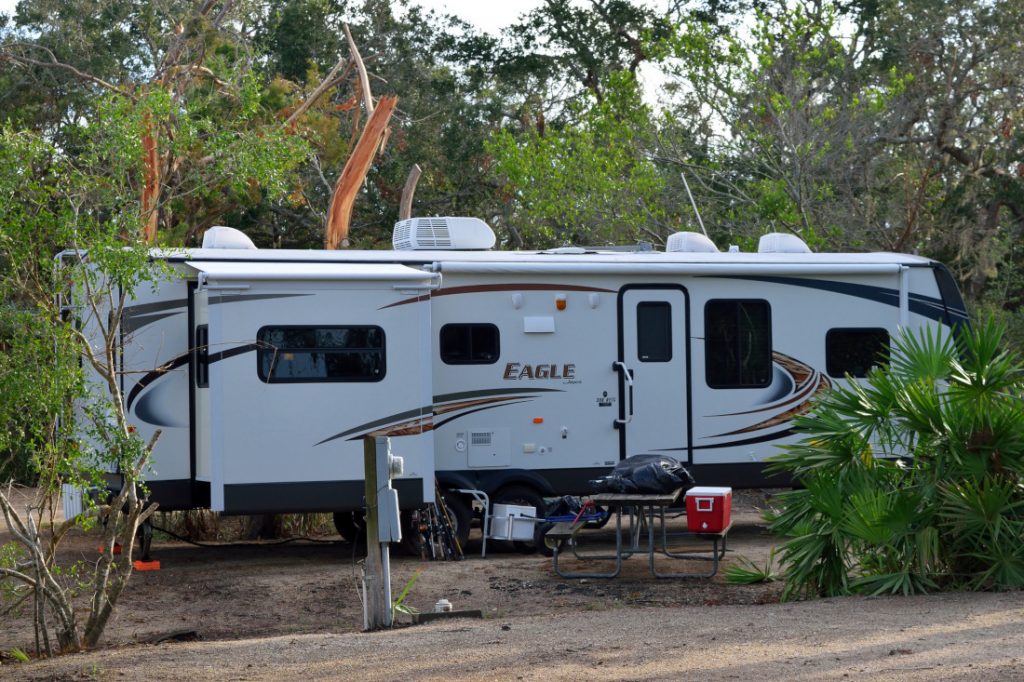
Recreational Vehicle (RV)
Have you have ever wanted to be a nomad of sorts and travel where you live? Then living in an RV will give you the opportunity to do just that. Depending on how big of an RV you buy, and whether you get a standard one or buy it with all of the extras, you will be paying between $10,000 and $300,000 for it. Then, you get to live life on an open road and see the world from the comfort of your own traveling home.
Obviously, it is the wisest decision to buy one that has a mortgage or payment that you can afford starting out and upgrade as you go along. The downside of this type of unconventional home is that it’s a temporary or seasonal dwelling according to code and regulatory requirements. And then there’s the fact that if you do buy an RV and decide to travel, you will have to set aside some substantial cash for fuel.

Floating Through Life on a Houseboat
If you want to be completely different and live in a house that not many people see anymore, consider buying a home on the water. Houseboats can cost as little as $60,000 and can range to prices up in the millions. However, most houseboats that have adequate amenities and comfortable living spaces will cost less than $150,000 on average.
Living on a houseboat is going to come with extra expenses that you will have to set money aside for like slip fees, docking fees, and regular boat and house maintenance. Also, be ready to spend money during the harsh seasons where you live so that your houseboat is capable of withstanding it.

Consider Living With Someone to Split Costs
Whether you are buying a house or are planning on renting a home, living by yourself can be costly. To help offset the costs, you should consider living with one person or multiple people. You might be living with a partner or spouse who contributes to the household bills. Or you can go out and find one or more roommates to live in the home with you and split the mortgage or rent. This type of housing can be the solution you are looking for.
Living with one or more people is not something that everyone can handle, as some are more solitary people. However, if you need help in the immediate short-term to afford a living situation, it’s a popular choice. Co-living with people may the best solution until you can afford to move somewhere on your own without breaking the bank.
There is reason to believe that millennial home choices will continue to expand. This includes approaching a point where many traditional homes will become less expensive. Unfortunately, it might take a while. Until that time arrives, millennials will have to find ways to be creative and make warm, welcoming homes in ways that previously may not have been imagined.
Learn More About Factory-Built Housing
To learn more about mobile homes and manufactured homes, check out MHVillage’s mobile home buyers guide for homeowners and manufactured home community residents.







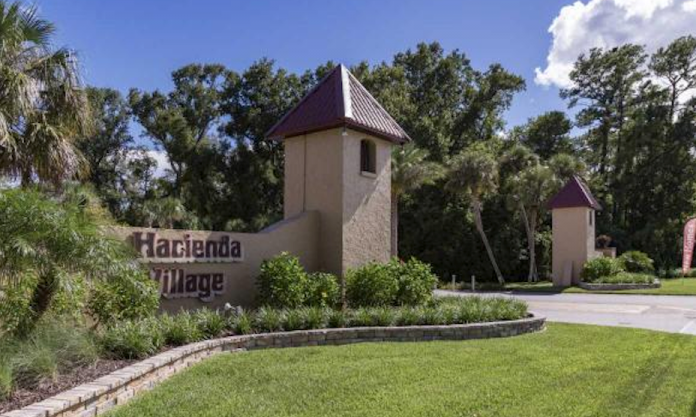

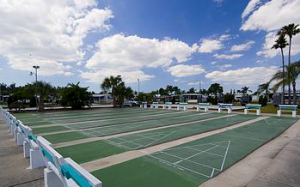
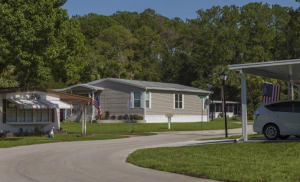
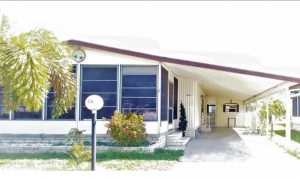 Looking for that laid-back lake life and a resident-owned mobile home park in southwest Florida? Look no further than
Looking for that laid-back lake life and a resident-owned mobile home park in southwest Florida? Look no further than 

 It’s a great place to downsize
It’s a great place to downsize



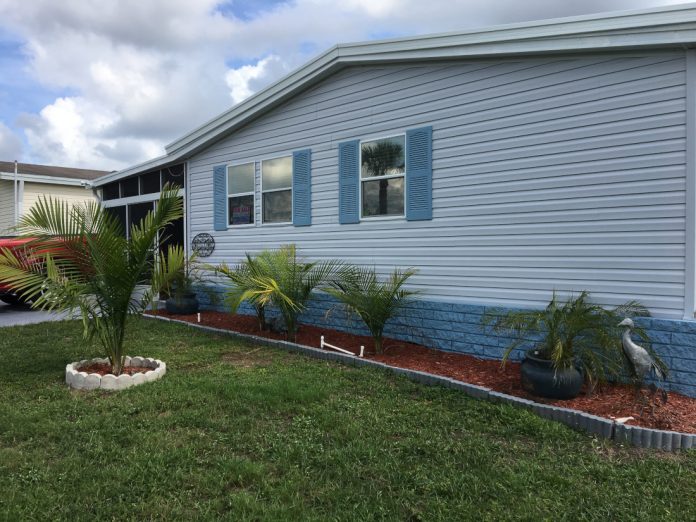





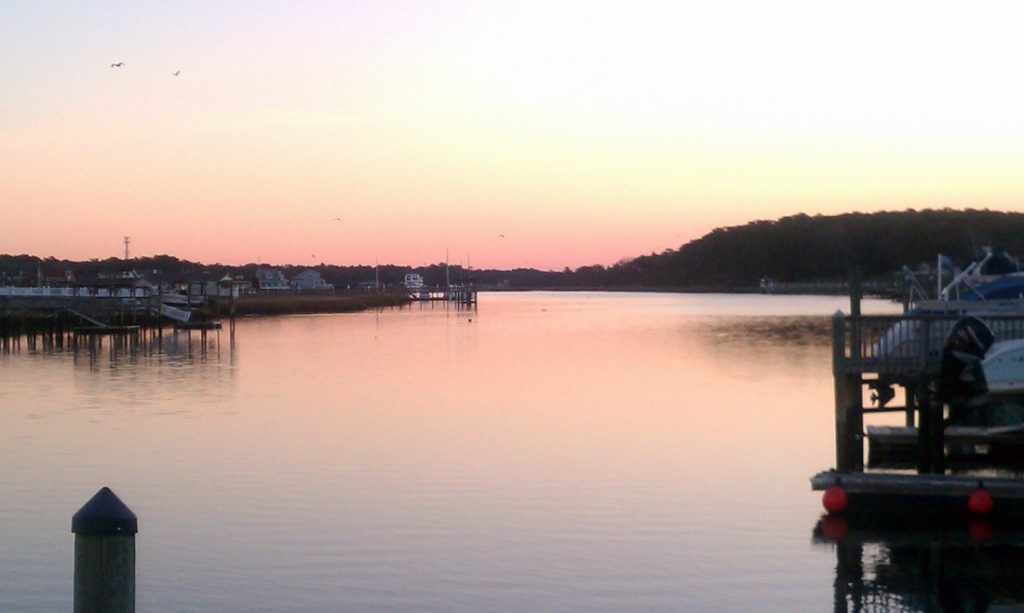
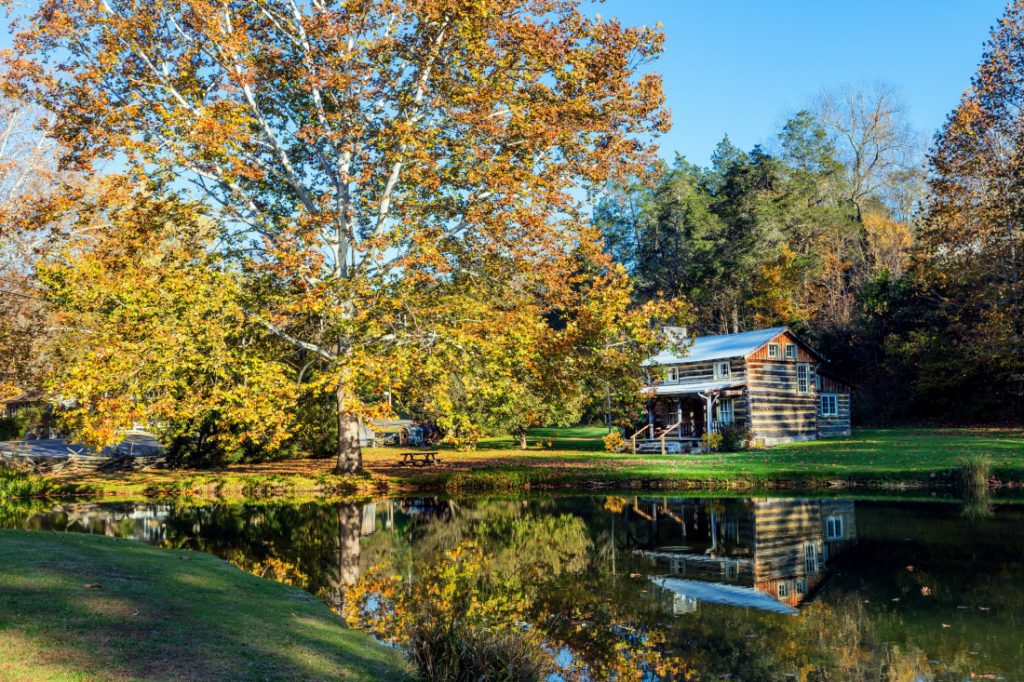
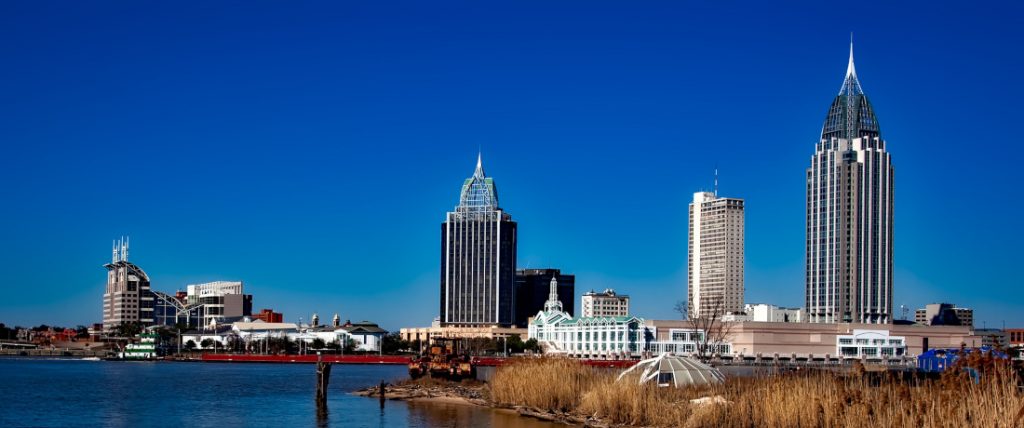
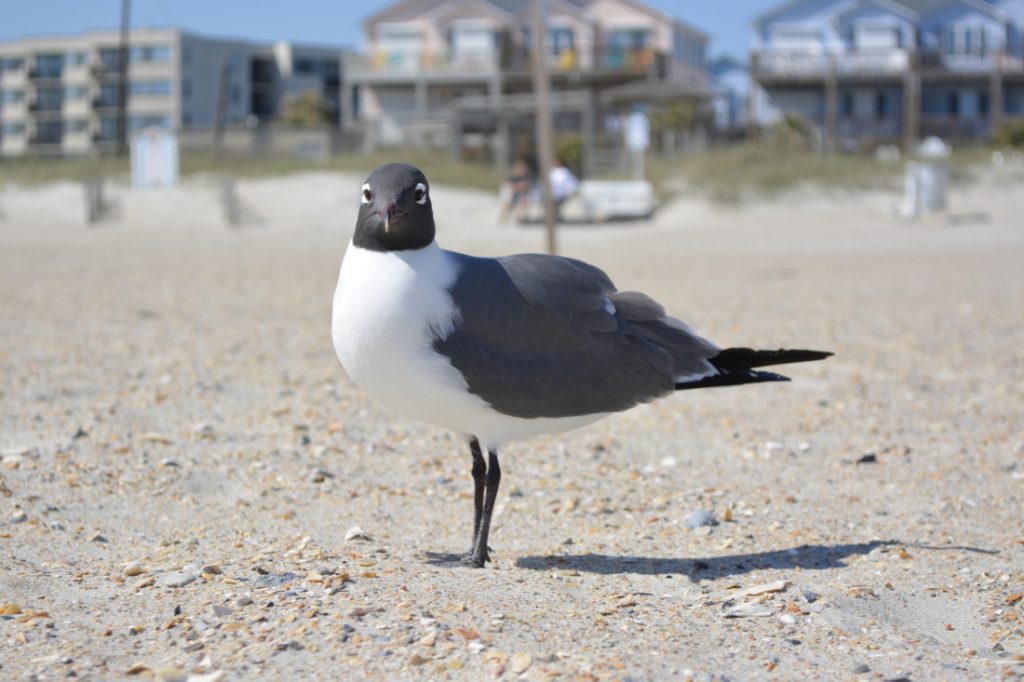
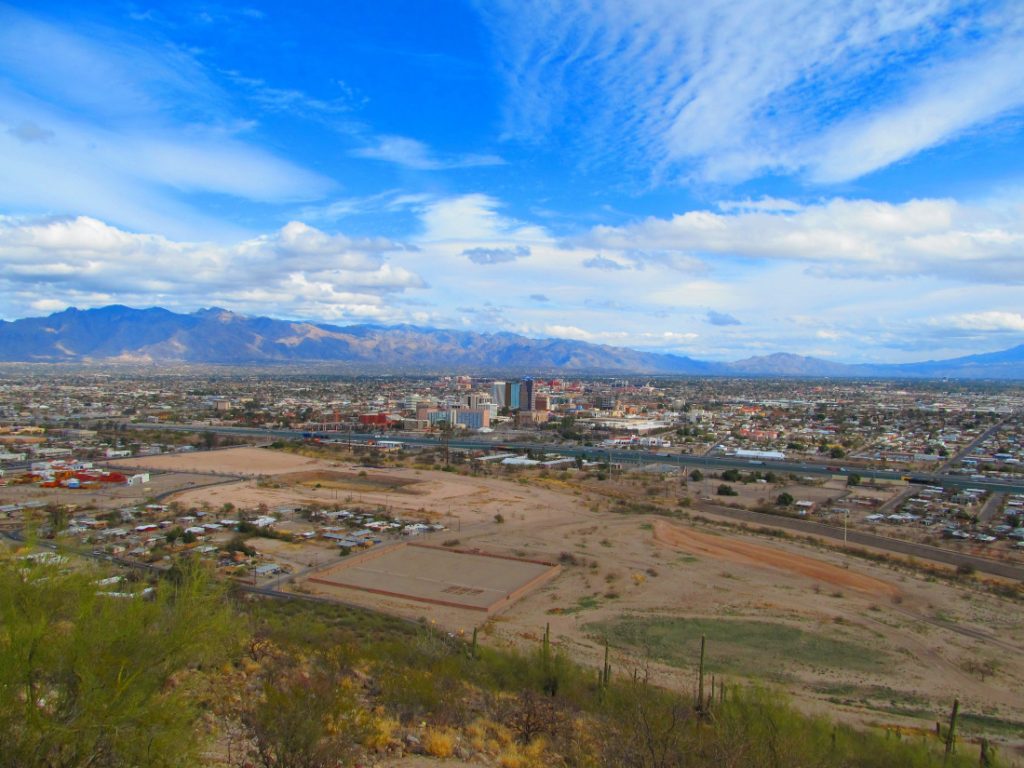
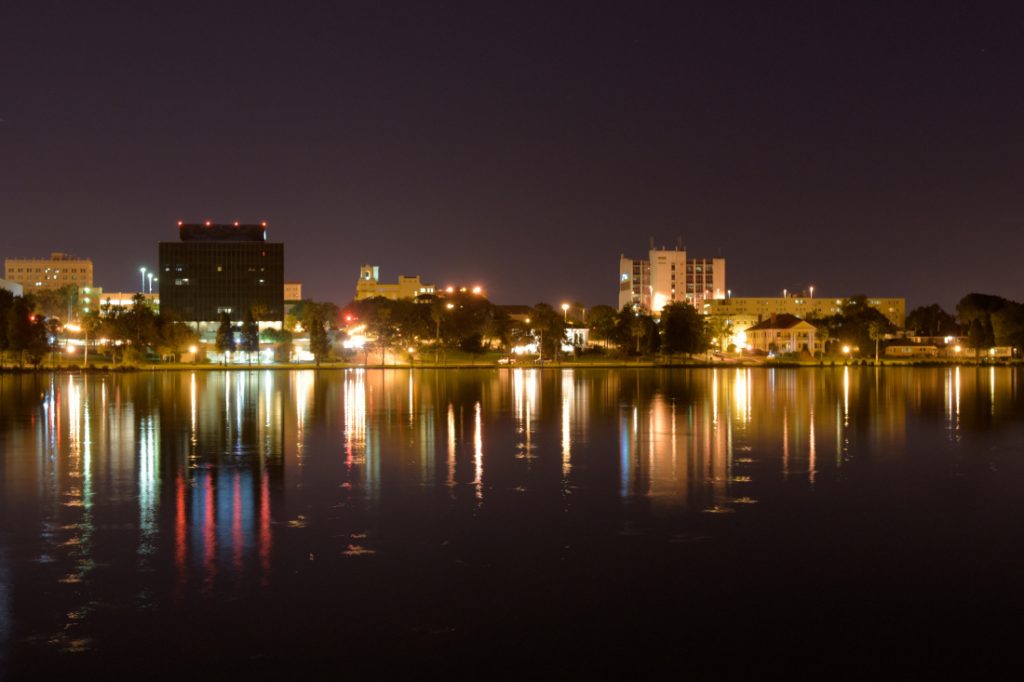

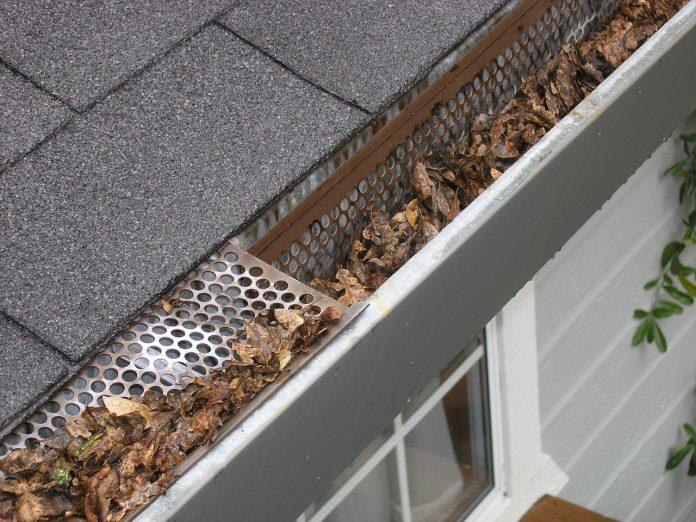
 You aren’t the only one who wants to head inside when the temperatures get cooler.
You aren’t the only one who wants to head inside when the temperatures get cooler.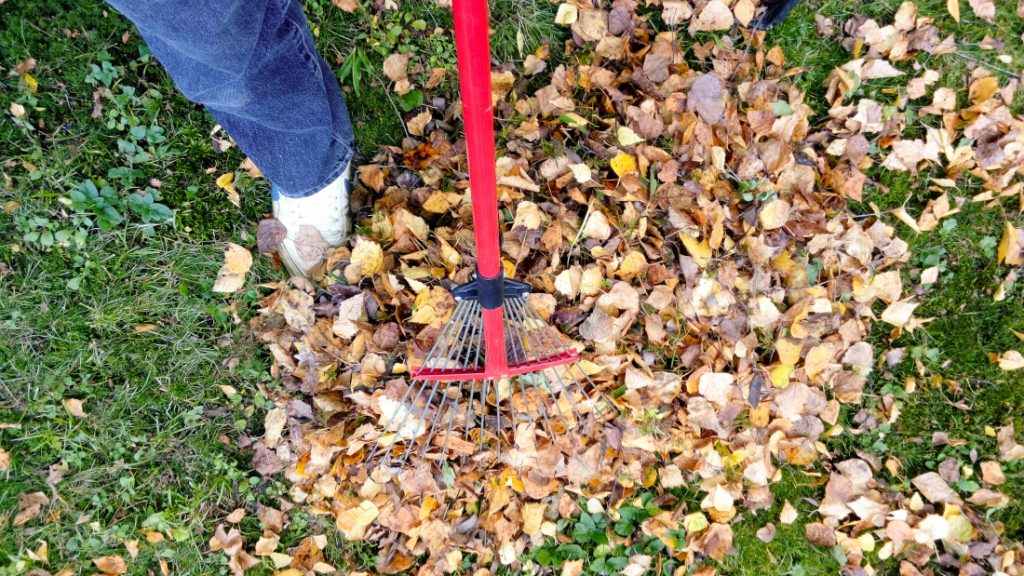
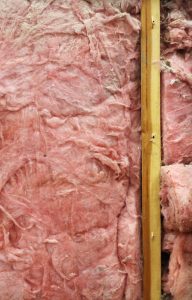 Fall is an excellent time to survey your house for any air leaks. Check your windows and doors and seal any drafty areas. This is also a great time to
Fall is an excellent time to survey your house for any air leaks. Check your windows and doors and seal any drafty areas. This is also a great time to 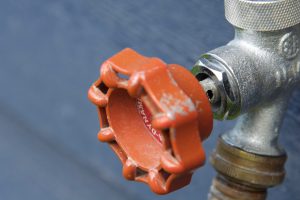 Turn off exterior faucets and drain water from outdoor pipes, sprinkler systems, and hoses. Cover your outdoor faucets and surround the pipes for the main water supply with good insulation.
Turn off exterior faucets and drain water from outdoor pipes, sprinkler systems, and hoses. Cover your outdoor faucets and surround the pipes for the main water supply with good insulation.